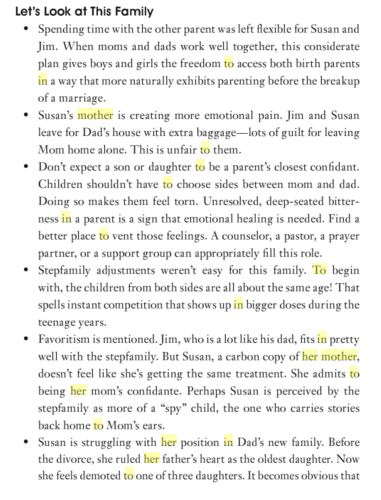I wish I would have found this article thirty-five years ago. It might have helped my husband and I, dealing with his obsessive ex-wife.
Yes, you heard me right: I said thirty-five years ago!
When we first moved in together, the phones calls started. This was in the days before texts and caller i.d. Just a couple of weeks after we moved in to our new home and got a new telephone number, we had to have it changed because my husband’s ex-wife was relentless in telephoning him.
And that relentless behavior continued until the day he died — forty years after their divorce. If it wasn’t telephone calls, then it was letters — via mail, as well as hand-delivered by the children while they were visiting their father. Then, when the digital age came, it was stalking via the internet. If we were on a website, or had an interest in something, the obsessive ex-wife was right there — making her presence known to the world.
My husband is gone now, but the bizarre behavior continues: sponsoring his memorial on Find A Grave, visiting his grave on our 34th wedding anniversary, sending emails to people I am in contact with — making sure they know she is his ex-wife. The family is concerned she’ll go so far as to buy the niche next to his, so that — when her time comes — she can be buried there and spend eternity next to a man she was only married to for a few years, and has been divorced from for decades.
You scoff and say “No one could be THAT crazy!?!” Well, after you’ve lived the life my husband and I lived for thirty-five years, nothing would surprise you.
If you or someone you know is dealing with a high conflict ex-wife, be sure and read this article!





